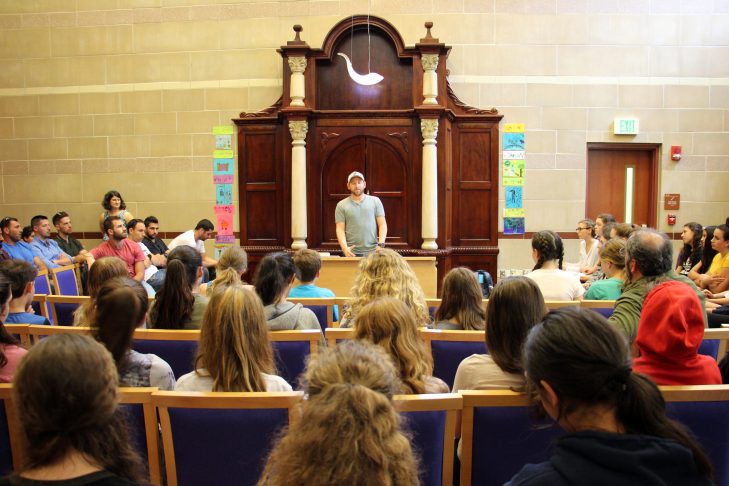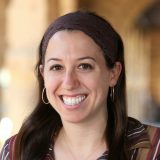During the pandemic, many families transferred from public schools to Jewish day schools. In August 2021 Prizmah commissioned a set of interviews with some of these new day school families to understand their decisions. The report shares the results from over 100 interviews with new parents from over 22 Jewish day schools.
The interviews explored the factors that led families to leave public schools (primarily the fact that they weren’t open for in-person learning), and also the factors that led the majority of them to stay at their day school even as public schools reopened. Of the families that stayed, many described the sense of community they and their children found in their new schools. The authors conclude: “It’s not just the children who feel welcomed. The parents do, too. About a third of the interviewees explicitly celebrated what they call a sense of community at the schools and a sense of feeling welcomed and included. It was this aspect of being at day school that interviewees most frequently contrasted with what they experienced at their children’s previous schools.”
The Prizmah report describes parents’ perceptions of a powerful and compelling sense of community and relationships at their day schools, but it doesn’t really explain how it happens or what kind of communities day schools create. Or, step back and ask, why should day schools be communities? Aren’t they institutions of formal learning? Isn’t the ideal pull to a school the academics and the dual curriculum?
One might think that this kind of sense of community happens by itself when you bring together a group of values-aligned families. That it’s a natural byproduct of being a Jewish day school itself. After all, these schools gather parents who all have some shared vision of education and values for their children. But I’m not sure it is so simple.
This past week, I gained a new insight into this question from a fellow parent who has been a parent association representative for each of her children’s grades. This parent plans and promotes so many class meetups, I started to wonder what it’s about. I mentioned to her how struck I was by the sheer number of events. “You must really love standing around at playgrounds,” I joked. She laughed, but then gave an answer that changed how I understood the nature of the school community. “I have found,” she told me, “that classes where parents know each other, where they have real relationships, these classes always end up being very strong classes all the way through. Classes where parents don’t, these classes end up being weaker classes. I do this to make sure my kids have the best experience they can.”
This theory of relationship that this parent articulated is profound. When parents know each other, when they’ve had many low-stakes touch points, they are fundamentally better equipped to support their children as learners. This idea, when placed in conversation with educational research, aligns with some of the most instructive and influential theories of learning. Lave and Wenger’s notion of situated cognition, K. Gutierrez’s construct of the third space and Moll’s concept of funds of knowledge all converge on one basic truth about learning: mediating the relationship between culturally-based knowledge, that is, everything a child learns and knows from their home and backgrounds, and the types of knowledge valued in school environments, is essential for academic success.
I celebrate this insight because it reminds us that building this kind of community is hard work. It’s not inevitable and it’s not magical. It’s not a necessary consequence of being in a Jewish school or a mission-driven school. It is the result of innumerable, intentional efforts on the part of teachers, school leaders and volunteers. As I drafted this article, my husband teased me, “Are you sure, Ziva, this is a publishable insight? Is this just a case of you, an introvert, realizing something that everyone else understands?” It’s possible, but I don’t think so. I truly think we forget that even in a Jewish community, the work that goes into connecting people is profound. As a broader Jewish community we should celebrate the grassroots power of these volunteers and the work they do. Because none of it is inevitable.
I’ll conclude by reiterating the insight that changed my understanding of the importance of school community: its value for the students. When parents know each other, when parents know teachers, when administrators know siblings, when children’s ecosystems are in dialogue, they benefit. The students themselves are better and more easily supported in all of their growth and development. And what is more important than setting up the next generation for success?
This post has been contributed by a third party. The opinions, facts and any media content are presented solely by the author, and JewishBoston assumes no responsibility for them. Want to add your voice to the conversation? Publish your own post here. MORE



